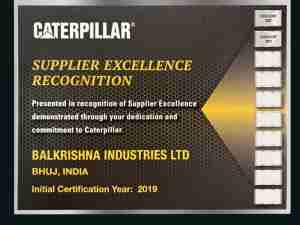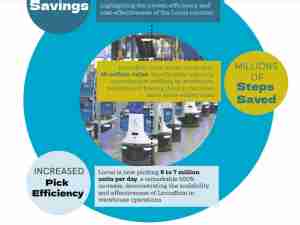The 10+2 rule took effect January 26 of this year. In order to comply, importers are now required to provide CBP with 100-percent visibility into their shipments up to 48 hours prior to loading any shipments bound for U.S. shores. In addition to submitting information prior to departure, a second message must be sent from ocean carriers within 48 hours after the vessel departs. CBP allows some leniency as long as importers make satisfactory progress toward rule compliance.
'The 10+2 rule can create quite a challenge for importers, and we wanted to make compliance as easy as possible for our customers,' said Larry Antonucci, president, OHL Global Freight Management and Logistics, Americas. 'By providing three tiers of options, our importers are sure to find a service that meets their needs, minimizes the impact to their supply chain, and keeps them in compliance with CBP.'
OHL is offering its customers multiple tiers of service to support various levels of automation. The most basic solution is a web-based data entry option that allows importers to log in online and enter the required data elements for ISF filing. OHL then transmits its customer's filing directly to CBP and allows online viewing of all data.
The second tier is a data integration offering, which requires importers to submit complete data sets for ISF filing from their own system. OHL is responsible for transmitting the data for each filing to CBP and providing status by an electronic message posting to the customer's system.
The third tier is a customized solution in which importers collect the data from multiple electronic document submissions or parties. OHL consolidates all of the data and submits required information to CBP.
The challenge presented by the 10+2 rule extends beyond the importer's trade compliance department to include procurement, logistics, IT, and third-party service providers'requiring importers to embrace a company-wide strategic solution. The OHL approach is comprehensive to address each customer's individual compliance needs.
CBP will provide importers with report cards on their progress, and OHL will provide its customers with detailed statistics and recommendations in order to assist each customer in evaluating their individual processes and identifying potential problems before they occur.









